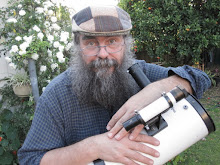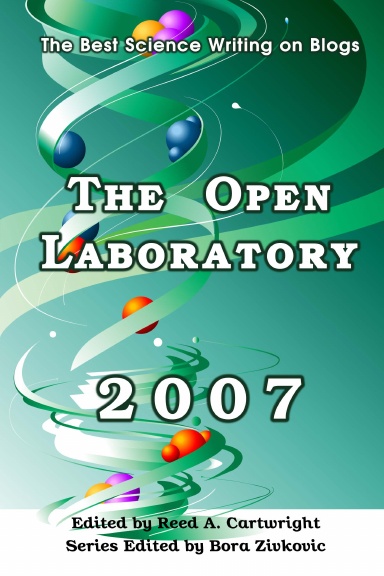Tuesday, October 01, 2019
International Observe the Moon Night, Saturday October 5, 2019
Saturday, 5 October is International Observe the Moon night which is an opportunity to go out and investigate the Moon with some of its best craters visible. The best viewing is along the line between night and day (the Lunar Terminator) where the shadow bring out the craters to best effect. Don't worry if you don't have a telescope. The Moon will look lovely and is just below Saturn. In binoculars or a small telescope the it will be brilliant. The sea of tranquillity, where humans first set foot on the Moon, is readily visible to the unaided eye.
Sky at 19:47 ACST on Saturday, October 5 (90 minutes after sunset) looking west as seen from Adelaide. Jupiter is above the western horizon. Saturn is high above the north-western horizon and near the nearly first quarter Moon.
Even in binoculars the caters are obvious and a small telescope will bring out many more.
Similar views will be seen elsewhere in Australia 90 minutes after sunset, click to embiggen.
If you have a telescope lying around dust it off and have a look at the Moon, if you have a mobile phone you can use it to take images of the Moon, see my guide here. Or you can check out one of the local astronomical societies to see if they are putting on a viewing night. For those of you in Melbourne there is a public event on the Princes Bridge St. Kilda 7:30 to 10:30 pm.
You can see more of my Moon images during the 100 hours of Astronomy here.
Sky at 19:47 ACST on Saturday, October 5 (90 minutes after sunset) looking west as seen from Adelaide. Jupiter is above the western horizon. Saturn is high above the north-western horizon and near the nearly first quarter Moon.
Even in binoculars the caters are obvious and a small telescope will bring out many more.
Similar views will be seen elsewhere in Australia 90 minutes after sunset, click to embiggen.
 |  |
| Binocular or wide-field telescope view of the Moon on the 5th (click to embiggen) | Close-up of the lunar terminator |
If you have a telescope lying around dust it off and have a look at the Moon, if you have a mobile phone you can use it to take images of the Moon, see my guide here. Or you can check out one of the local astronomical societies to see if they are putting on a viewing night. For those of you in Melbourne there is a public event on the Princes Bridge St. Kilda 7:30 to 10:30 pm.
You can see more of my Moon images during the 100 hours of Astronomy here.
Labels: binocular, Moon, public outreach, telescope, unaided eye






 Click to read about or order
Click to read about or order Click to read about or order
Click to read about or order Click to read about or order
Click to read about or order Click to read about or order
Click to read about or order




